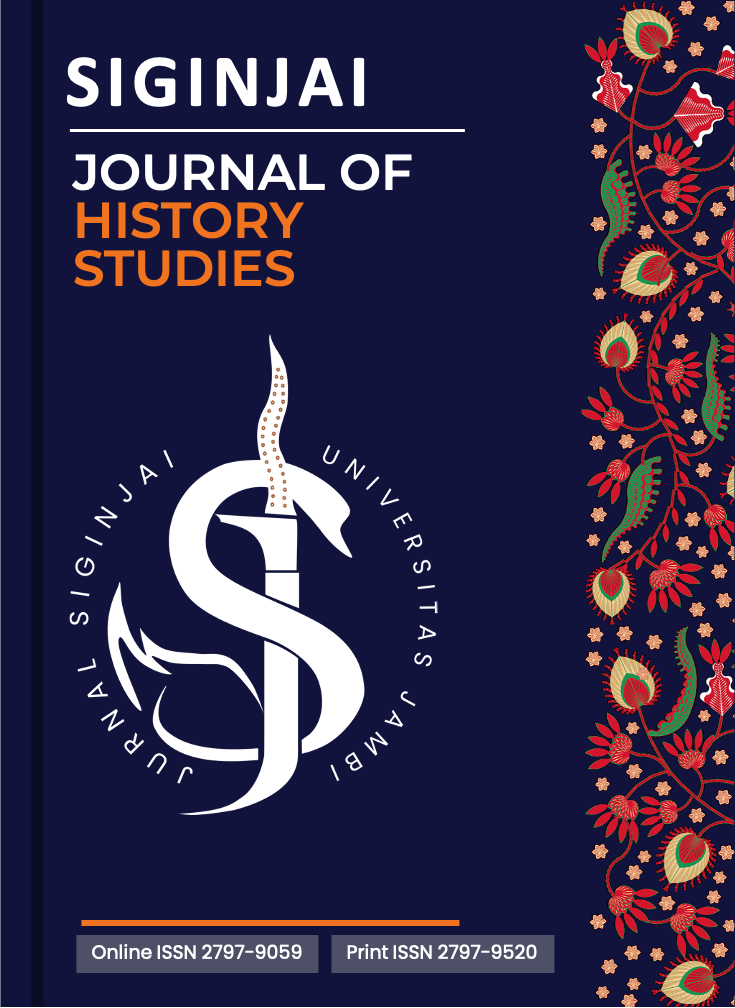Historical Relationship Between Indonesia and Türkiye
DOI:
https://doi.org/10.22437/js.v4i2.38038Keywords:
Türkiye, Ottoman Empire, Turkish Archives, Political RelationsAbstract
This paper examines the historical relationship between Indonesia and Türkiye, tracing its evolution from the Ottoman era to the present. Despite geographical and cultural differences, both nations share a legacy of Islamic heritage and anti-colonial struggles. Early interactions began in the 16th century with the Ottoman support for the Aceh Sultanate against European colonial powers. The rise of nationalist movements in the early 20th century further strengthened their ties, particularly as Indonesia drew inspiration from Türkiye's modernisation efforts under Atatürk. Following Indonesia's independence in 1945, formal diplomatic relations were established, leading to cooperative dynamics during the Cold War despite ideological differences. In the contemporary era, economic, political, and cultural exchanges have intensified, highlighted by collaboration in international forums and shared interests in regional stability. However, challenges remain, influenced by differing foreign policy stances and domestic political changes. This overview underscores the historical foundations and potential for a robust partnership between Indonesia and Türkiye, rooted in mutual interests and a shared legacy. The significance of Ottoman archives for Asian countries like Indonesia is profound, particularly in understanding historical, political, and cultural dynamics. These archives serve as vital resources that illuminate the connections between the Ottoman Empire and Southeast Asia, shedding light on a range of topics.
Downloads
Downloads
Published
How to Cite
Issue
Section
License
Copyright (c) 2024 Halim Gencoglu

This work is licensed under a Creative Commons Attribution 4.0 International License.
















